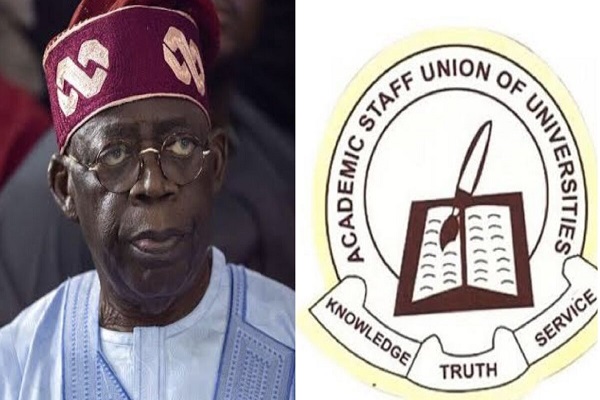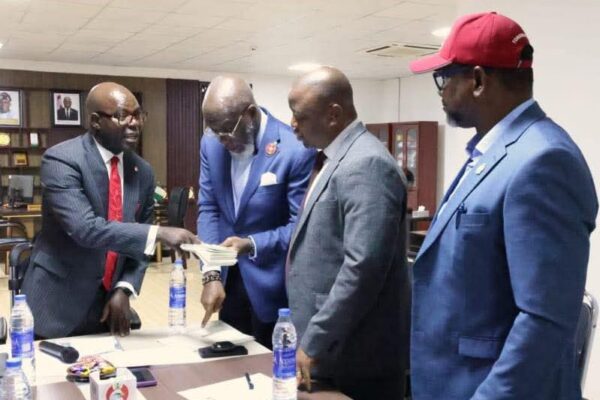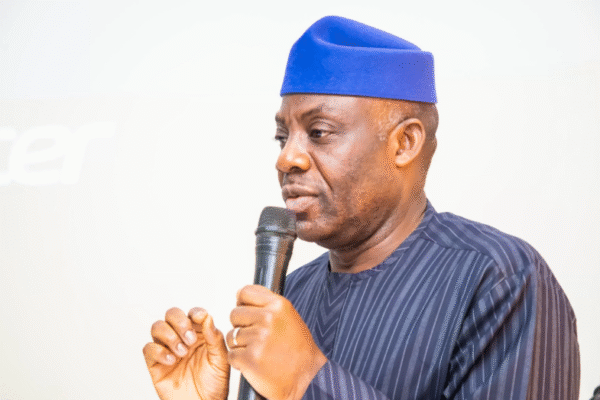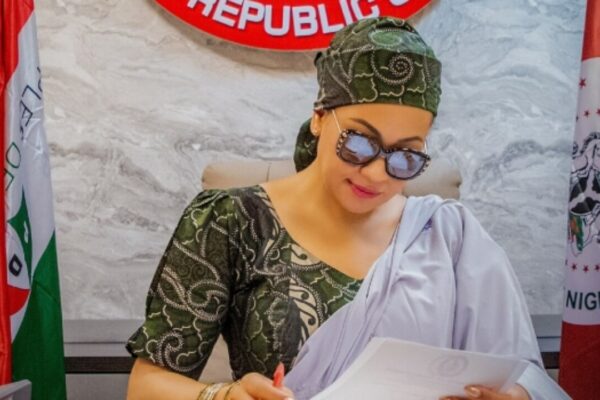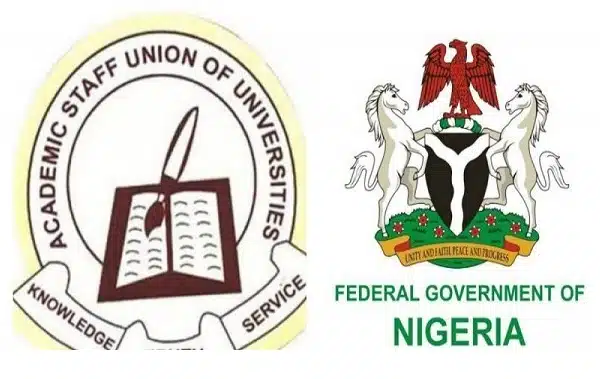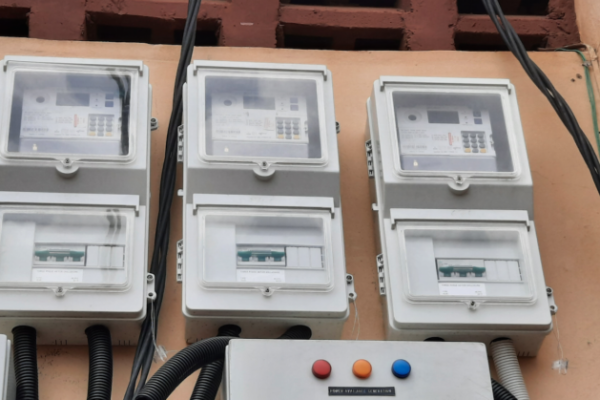
DisCos Push Back Against Adelabu’s Order to Provide Free Prepaid Meters Over Cost Concerns
Electricity distribution companies (DisCos) have raised concerns over the federal government’s directive that prepaid electricity meters be provided to all customers free of charge, citing uncertainties over who will cover the costs of the meters and their installation. The directive, issued by the Minister of Power, Adebayo Adelabu, on Thursday, barred DisCos and meter installers from collecting any payment from consumers for prepaid meters. Officials and installers found violating the order were warned of possible prosecution. Adelabu emphasized the unprecedented nature of the directive, saying, “Nobody should collect money from any consumer. It is an offence for the officials of distribution companies across Nigeria to request a dime before installation; even the indirect installers cannot ask consumers for a dime. It has to be installed free of charge so that billings and collections will improve for the sector.” However, operators from several DisCos, speaking on condition of anonymity, told The PUNCH that the directive does not clearly explain how the costs will be funded. They noted that the government expects the DisCos to bear the cost of the meters, with a plan to recoup expenses over a ten-year period. “Those meters have to be paid for by someone, and the government expects the DisCos to cover the cost of the so-called free meters, payable over 10 years,” one operator said. “When you ask the DisCos to fund any capital expenditure, it must be allowed in tariff computations; otherwise, it will make their balance sheets unsustainable.” The operators also raised concerns about installation costs, pointing out that meter installers are not employees of the DisCos. “Meter installers are independent. If consumers are not paying them, who covers their fees? The DisCos do not install meters; that responsibility was removed during Babatunde Fashola’s tenure as power minister,” the source explained. They added that while the directive is well-intentioned, forcing DisCos to cover all costs without clarity could create financial strain. “If the government can pay the installers directly, that would work. But expecting DisCos to volunteer for this is unrealistic,” the operator said. The DisCos’ reaction underscores the practical challenges of implementing free prepaid meters and the need for a clear funding framework to avoid disrupting electricity distribution operations.


